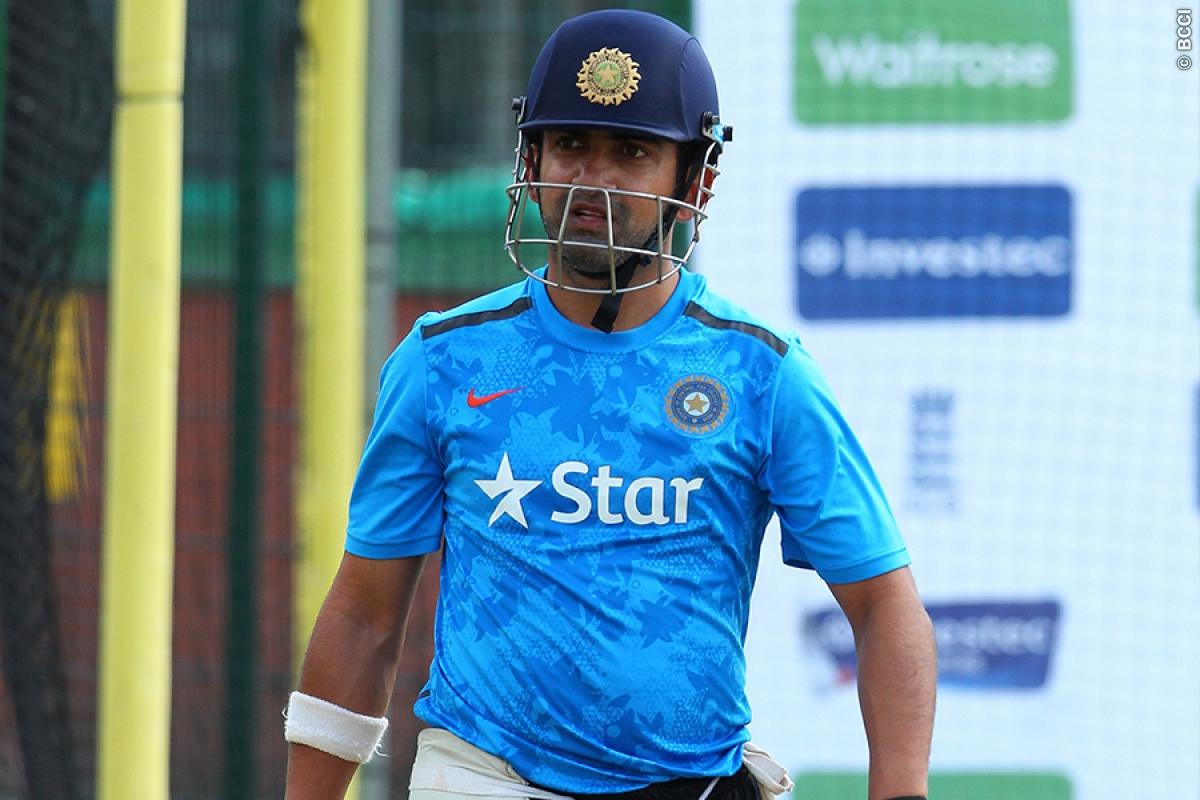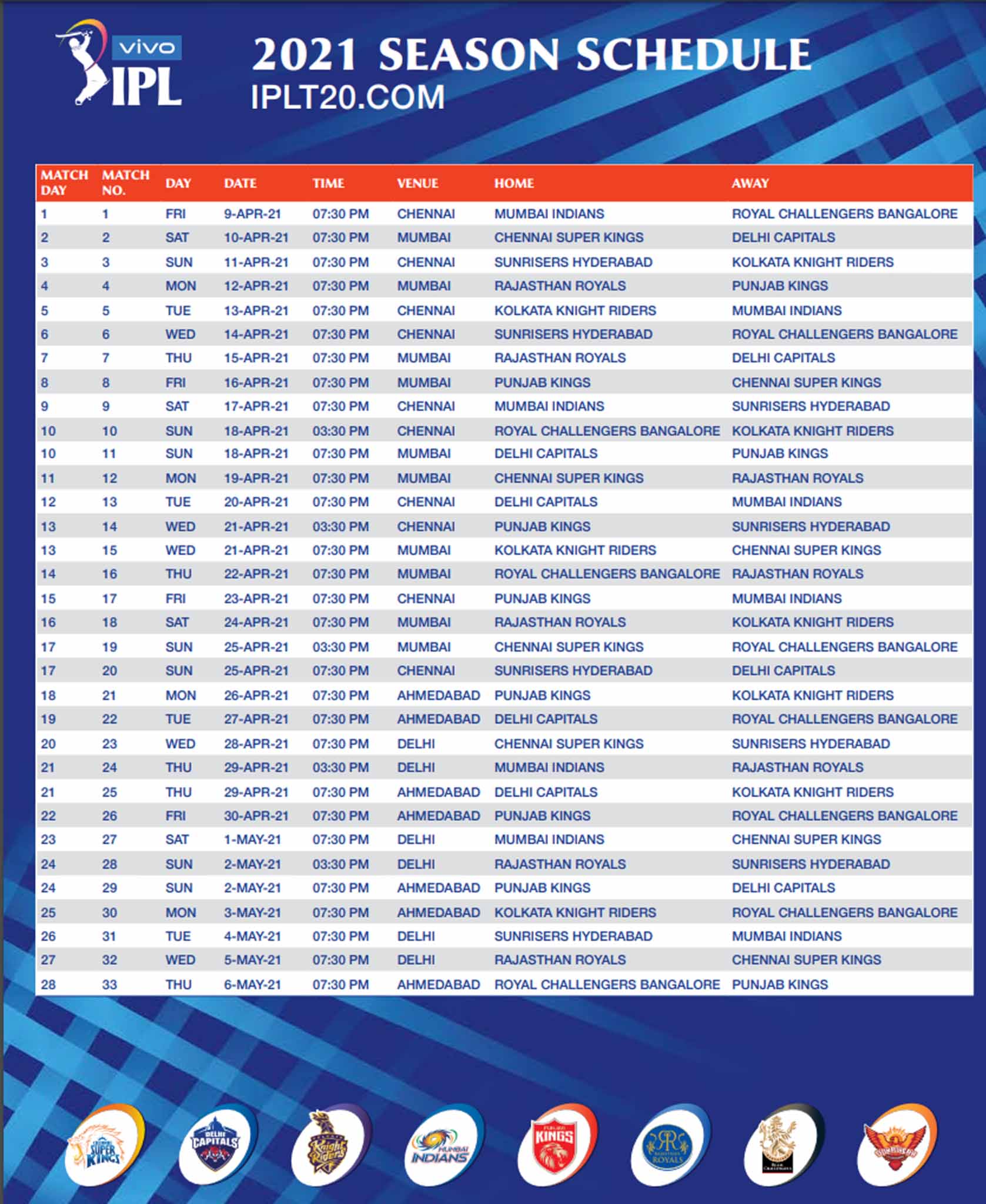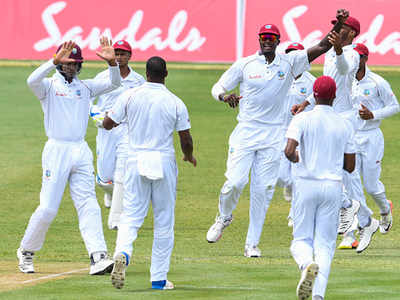The most annoying and enduring quality of fighters is their stubbornness. You can push them down but can’t keep them there for long. They will get up, lick their wounds, dust off their disappointment and continue to walk towards their destination.
Gautam Gambhir is one such stubborn man. He is no stranger to struggles. But the idea of succumbing to them is alien to him. Born in an affluent Delhi household, Gambhir could have led an easy and comfortable life by joining his successful family business. Instead he chose to struggle his way into cricket teams.
Since his teenage years, he has had to fight for his place. He has missed out innumerable times, faced dejection. The hope has faltered at times but the faith has never been broken.
Gambhir’s toughest tryst with fate and form came in 2013 – the year in which he not only lost his place in the Indian team but also suffered some huge personal heartbreak. He got over it in the only way he knows. He fought. And he won.
He led Kolkata Knight Riders to a fairytale triumph in IPL 2014 and regained his spot in the Test team for the tour of England. Back in purple, Gambhir has led KKR to the semi-final of CLT20 2014, and he presides over KKR’s longest winning streak, of 12 matches (and counting).
As he finds his way back to his own batting form, the opening batsman had a heartwarming chat with BCCI.TV in which he shared the story of his latest comeback. He opened up about what caused his ouster from Team India and how he managed to find his way back amidst some acute personal moments of pain.
You never give up. Is that your biggest strength as a cricketer and a person?
Gautam Gambhir: Absolutely! It is very important to never give up in any aspect or phase of your life – whether you’re doing well or not. I’ve always been a passionate person and as a cricketer I’ve been through a lot since my junior days. I missed out on the Under-14 and the Under-19 World Cups when I thought I should have been there. Right since the beginning of my career, I’ve had to fight my way through; I had no other option. So, fighting for my place is something that has been ingrained in my nature and it is the only thing that has carried me so far in my career.
Being left out of the 2007 World Cup team left you dejected. You didn’t pick up a bat for months and thought of even quitting cricket. But this time you batted on – scored runs on difficult tracks and made your way back to the Indian team. Two completely different approaches?
GG: That’s the maturity that comes with age. In 2007, I was very young and the way I reacted was completely different to this time. I’ve seen more highs and lows in these years and I have grown up more as a human being. For me the platform doesn’t matter. Till the time I have the passion and the hunger for the game, I will continue to play, irrespective of the level I play at. My job is to win matches for whichever team I play for, whether it is Delhi, KKR or ONGC. If that means doing the dirty job of opening the batting on difficult pitches, I will do it.
They say the older you get, it becomes more difficult to accept being dropped and then make your way back into the team. Is that true?
GG: The sooner you accept it, the better it is. You can’t keep living in a fool’s world thinking you are un-droppable. As far as the age of making a comeback goes, it depends a lot on individuals. For me it was tough when I was younger and it was tough this time as well. The hard work required to get back skill-wise and mentally, was the same for me on every occasion.
You also copped some personal family tragedies during this period. You had to come back from Essex and then go back. How did you concentrate on cricket amid all this?
GG: This phase was the most difficult one of my life, not only from the cricketing point of view but also personal. I lost two of the closest people in my life within the span of a year. I was trying to get my career back on track by going to England and playing for Essex. I scored a century and I began to regain my confidence, started to believe again. Just then I got the news of the death in the family. I had to fly back home and miss two championship games. The hardest part was when I had to go back to England just four days after the tragedy. My wife couldn’t travel with me because she had to be with the family. I was on my own there, coping with the loss while trying to resurrect my career. It was a very difficult time. But then these are the times that teach you a lot about yourself. Until you go through these experiences, you will never know how mentally tough you are. It would’ve been easy for me to just stay at home. I also got a call from Essex saying it was okay if I didn’t go back. But that would have been very unprofessional of me. I also wanted to test myself as to how mentally strong I was, whether I could concentrate on my cricket and play for Essex with the same passion despite what I was going through personally. That was the question I asked myself. My family supported me and in fact encouraged me to go back. I emerged stronger from that experience.
The dip in your form coincided with the retirements of Dravid, Laxman and the ouster of Sehwag. Did you put more pressure on yourself as a senior batsman in their absence?
GG: It wasn’t any different for me because irrespective of who the other members of the batting lineup are, I always put a lot of pressure on myself. However, I do feel that I started over-expecting from myself. That could be a reason why I lost my form. At times, you have to be realistic, especially when you’re playing overseas. For me it was always about scoring big hundreds. If I didn’t score a century, I started to think that I am not contributing enough to the team. When you start setting unrealistic targets, you put unwarranted pressure on yourself. So, yes, I was expecting too much out of myself.
Previously, when you fought your way back into the team, you were this young man with cricket being the only focus in your life. This time you were also a husband and a father to be. How did that impact that whole process of coming back?
GG: Life changes and sometimes it is tough to accept those changes. I am someone who likes continuity. I want things to remain the way they always have been and continue doing things I have always been doing. In that regards, getting married to Natasha was a big change for me but it was also the best thing that happened to me. Then of course, the baby came and there was no better feeling in the world. People ask me if the baby has made me calmer as a person. The thing is, when I am on the cricket field, I play with the same passion and fire as I used to earlier. But when I am with her, I do feel very calm and relaxed and at the same time, she excites me. She has come as a source of inspiration.
How crucial was Natasha’s support during this time?
GG: I can tell you that she was a big support, which she really was. But at the end of the day everyone has to fight their own battles. You might get a lot of support from all quarters but until you are ready to fight it out yourself, you will not make it. Having said that, Natasha has always been there. She has taken a lot of nonsense from me and tolerated my frustrations and tantrums.
Now that your coach, Mr. Parthasarthi Sharma is no more, who is that one man you go to or talk to about your batting?
GG: In my cricket, the only person I have missed like crazy is Mr. Parthasarthi Sharma. I haven’t found anyone with whom I can discuss my game like I did with him. That is one void I will never be able to fill in my life. I haven’t missed anyone like I have missed him in the last couple of years. He was the man who made me feel sure about my game, which is so important for me. But again, this loss has taught me how important it is to believe in yourself without depending on anyone. In this short span of time, I lost my coach, two of the closest family members and I got dropped. Everything happened in the blink of an eye. Just a year back everything was hunky dory.
Now let’s talk a bit about KKR and your captaincy. Does Gautam the batsman breathe easy when Gautam the leader does well, like now with KKR winning 12 on the trot?
GG: To be honest Gautam the leader is very harsh on Gautam the batsman. In fact there were occasions in this year’s IPL when Gautam the captain was about to drop Gautam the batsman. I mean the way I see it is that like rest of the 10 players I should also be in the team on merit and definitely not because I am the captain. In that sense I don’t think Gautam the batsman is breathing easy yet as I have just one half century in three games. But yes it is a tribute to our team culture that we have had 12 in a row, hopefully many more to come.
Even while leading KKR it seems you are in a street fight, scrapping for every run, expressing your feelings without any inhibitions.
GG: Yes, that is just me. Often Natasha tells me that I suffer because I am not diplomatic but I can’t change that. I prefer straightforward approach rather than diplomatic approach, that is not me. Regarding my leadership style, it comes from my character. I want to win at all costs even if it is a game on a Playstation. I do understand that you can’t win all the time but I can’t relate to lack of effort and that is what ticks me off. I take a lot of pride in the way KKR dressing room has responded to my leadership. Our winning streak stems from that.
We all see your aggressive side, is there a softer or a more milder side of Gautam Gambhir?
GG: Well, this question should be best answered by the people around me, my parents, my wife and my friends. I am a quiet person away from the field, I don’t talk much but I like to observe things around me. I get touched by issues, challenges of people and now want to do something about it. Therefore, I have floated “Gautam Gambhir Foundation”. This Foundation will work for the betterment of the families of the martyrs of armed forces, underprivileged children especially girls and environmental issues.
Interview by: BCCI.tv






